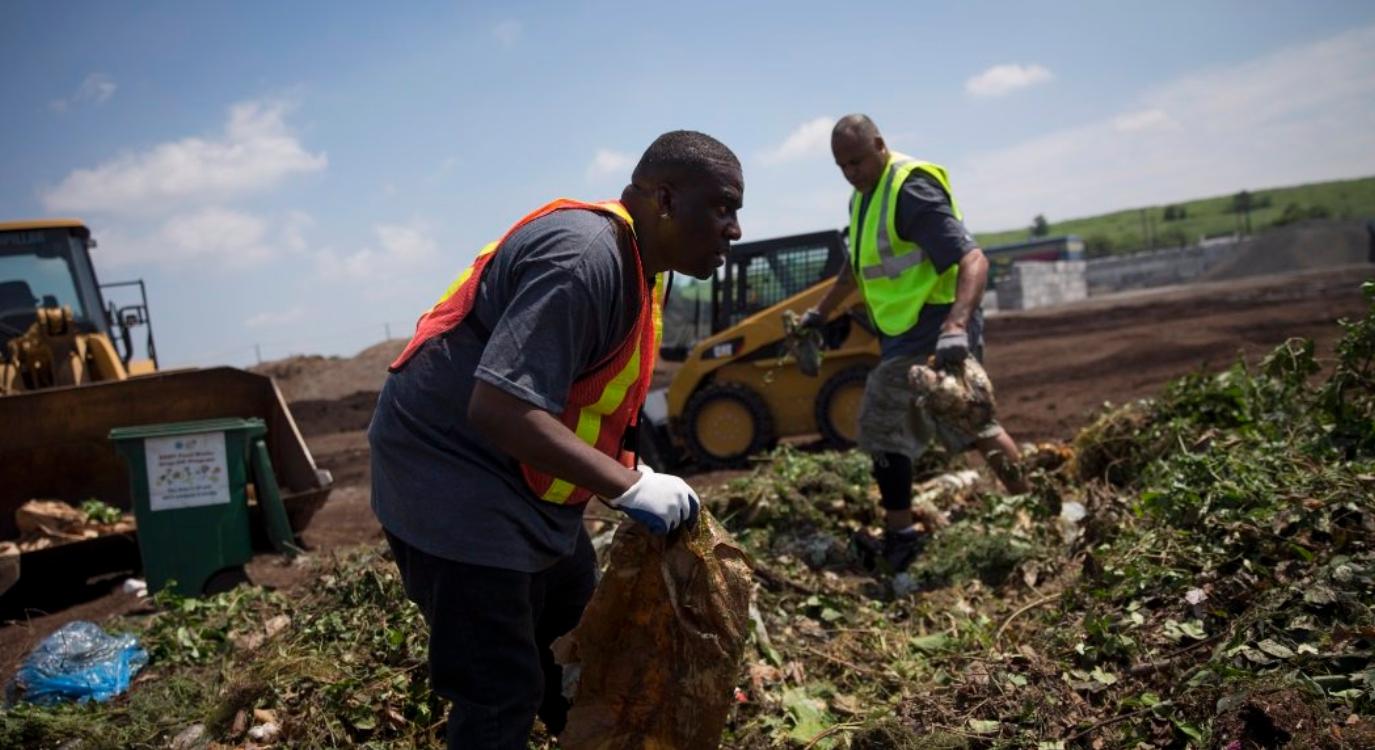The Coalition for Food and Land Use (Folu, for its acronym in English), made up of members of multinational companies, producer groups, industry, non-governmental organizations and academia, pointed out that the crisis unleashed by Covid-19 raises, among others, unprecedented challenges for the world’s food systems, as the food supply could be massively interrupted by the measures implemented to control the spread of the virus.
For this reason, Folu called on world leaders to design measures to respond to the virus that minimize the risk that the pandemic will also turn into a food crisis, and to that end, he proposed three priority lines of action: maintain the flow of supply. of food in the world keeping trade open; scale up support for the most vulnerable by ensuring access to nutritious and affordable food for all; sow seeds for greater resilience.
On the first action, maintaining the world’s food supply, the Coalition noted that countries with surplus food have placed restrictions on exports, and that restrictive border regulations do not allow the free flow of food products, which compromises adequate supply of essential agricultural inputs. It was also stressed that “the risk of facing major interruptions in food supply in the coming months is growing, especially for low-income countries that are net food importers, many of which are in sub-Saharan Africa.”
In this sense, Folu recommended, as priority lines of action, that food exporting countries continue to supply their international customers and that, in turn, they keep borders and ports open to guarantee continuity in the implementation of provisions. Similarly, it was proposed that governments invest in local food production, treating the entire agricultural production chain as an essential sector, and ensuring that financial resources reach all parts of that value chain.
Faced with the need to scale up support for the most vulnerable, the Coalition stressed the risk that, especially in low-income countries, “the number of people who suffer from hunger on a daily basis, which is already estimated to exceed 800 million, is it will double in the coming months with an enormous risk of showing greater malnutrition and problems of physical and cognitive development in the child population. “
In this sense, the recommendation to world leaders was that, at the national level, governments, with the support of the private sector, strengthen and expand targeted food programs and “income safety nets for social protection, linking them to foods that promote health and sustainable production. ” As for the international community, it is proposed to mobilize additional rapid resources to support low-income countries, in order to ensure that they can produce or import the food necessary to feed their population.
Finally, facing the third line of action, the Coalition for Food and Land Use reiterated the benefits, raised in previous reports, of transforming the food and land use systems of the planet, and recalled the fragility of the current food system, “Due to a chronic lack of investment, excessive depletion of natural resources, and a partial misallocation of more than $ 700 billion of annual support measures.”
Faced with the challenge that this entails, Folu proposes that, at the national level, governments ensure that the sectors of sleep use and food receive adequate financing with incentives that reward the supply of nutritious and affordable food, focused on increasing the resilience and diversification of food supply chains and less waste. For this, it would be necessary to design “regional food systems, providing vital social protection that includes free health services and income support, accelerating greater digitization and transparency in the value chain, and rebuilding natural capital, “the document read. points out that the international community must guarantee the flow of capital and technology for developing countries, so that they strengthen their food systems and have access to global systems.
It should be remembered that some of the members of the Folu Coalition are Alan Jope, CEO of Unilever, André Hoffmann, Vice President of the Roche Group, Diane Holdorf, member of the World Business Council for Sustainable Development (Wbcsd), Gerda Verburg, Secretary General assistant to the United Nations, Theo de Jager, president of the World Farmers Organization (WFO) and Marco Lambertini, director general of WWF International, among others.



